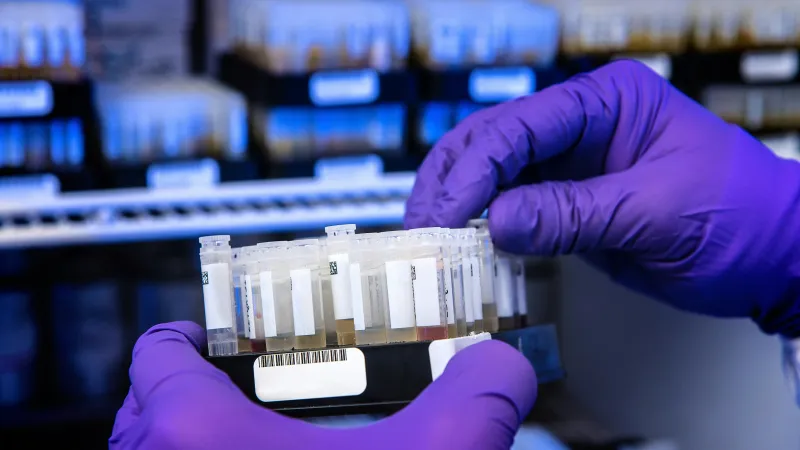Premature Ejaculation Treatment in Atlanta
Symptoms Of
Premature Ejaculation
How Advanced Can Help You
Even though this is a common problem, men still shy away from talking about the condition. Nevertheless, tremendous strides have been made to treat it more effectively. These efforts have opened the door for men who would have had to forgo this part of their lives to experience life like their unaffected peers.

Treatments For Premature Ejaculation
- Counseling - A therapist may make recommendations about communication with your partner as well as helping with strategies to overcome performance anxiety or directing your attention
- Pelvic floor exercises - These kegel exercises can be done while sitting and can help to control the onset of orgasm with time
- Pause Squeeze Technique - During sex, it can be helpful to stop during penetration and gently squeeze the glans (head) of the penis for several seconds in order to control the urge toward premature ejaculation.
- Topical anesthetics and condoms - There are certain products available that help reduce sensitivity in the penis which can prolong the duration of intercourse.
- Medications - SSRIs- in men, SSRIs may delay orgasm during sexual activity. Phosphodiesterase-5 inhibitors- these drugs like Sildenafil (Viagra) may help aid in male performance and improve sexual stamina.
Psychological Factors
- Infection in the urethra or prostate
- Abnormal hormone levels
- Abnormal levels of neurotransmitters
- Heredity
- Erectile dysfunction

Psychological & Relational Issues
- Stress
- Relationship issues
- Previous trauma or abuse
- Anxiety
- Depression

Schedule Appointment Online
Visit a men's health clinic and speak with an experienced urologist to find out what types of treatments are available.
Frequently Asked Questions (FAQs) About Premature Ejaculation
Q Is Premature Ejaculation a Permanent Condition?
No, premature ejaculation is not necessarily permanent, and many men experience it at some point in their lives. While some men may have lifelong (primary) PE, others develop it later (secondary PE) due to stress, medical conditions, or changes in sexual activity. Treatment options such as behavioral techniques, therapy, medications, and lifestyle adjustments can help improve ejaculation control.
Q Can Premature Ejaculation Be Prevented?
While not all cases of premature ejaculation can be prevented, certain lifestyle and behavioral changes can reduce the likelihood of experiencing it. Practicing relaxation techniques, strengthening pelvic floor muscles through Kegel exercises, maintaining a healthy diet, and improving communication with a partner can all help. Additionally, avoiding excessive stimulation, watching pornography excessively, or rushing sexual activity can lead to better control.
Q How Do I Know If I Have Premature Ejaculation?
Premature ejaculation (PE) is typically diagnosed when a man consistently ejaculates within one minute of penetration or before he or his partner desires, causing distress or frustration. Occasional early ejaculation is normal, but if it happens regularly and affects sexual satisfaction, it may be a sign of PE.
Q Does Premature Ejaculation Affect Fertility?
Premature ejaculation does not directly cause infertility, as sperm is still present in the ejaculate. However, if ejaculation occurs before penetration or too early in the process, it may make conception more difficult. In cases where a couple is trying to conceive, and PE is preventing successful intercourse, fertility treatments or medical interventions can help improve the chances of pregnancy. If fertility is a concern, consulting a doctor can help explore potential solutions.







